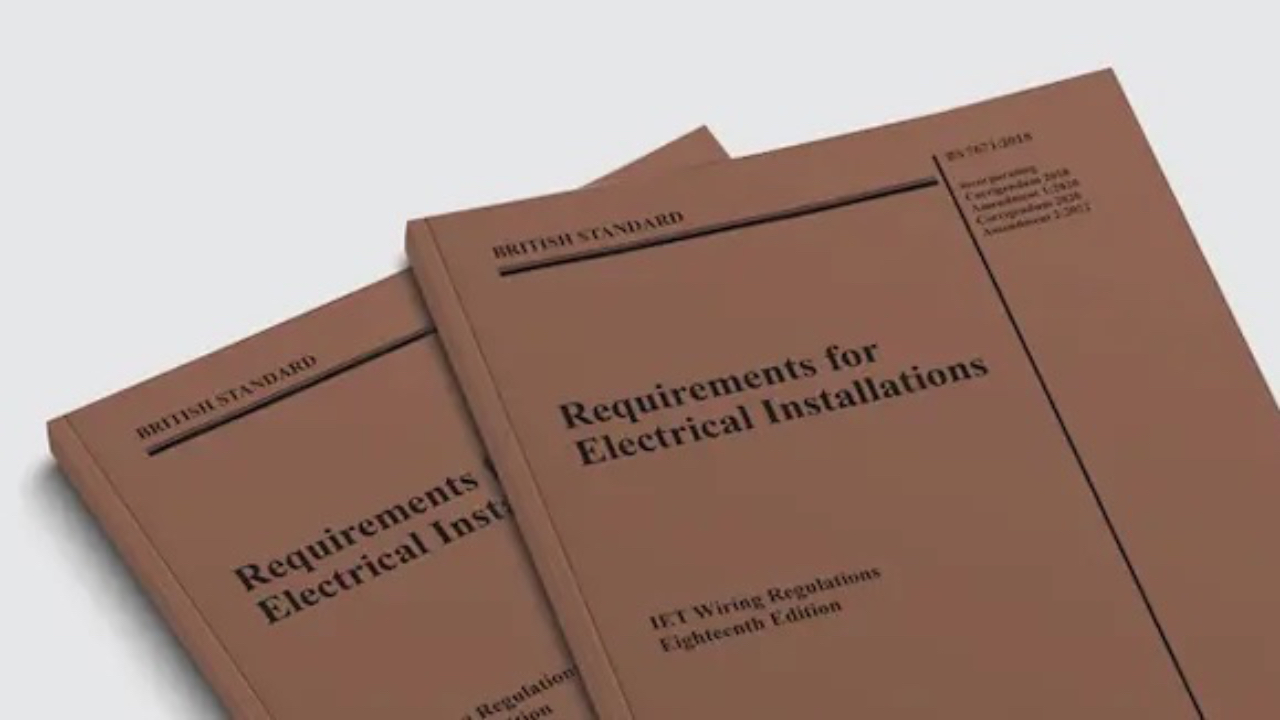Interpreting the regulations
Mar 16, 2025
Understanding the Language of BS 7671 – What Electricians Need to Know
If you’ve ever read through BS 7671 (IET Wiring Regulations), you’ll know that the way things are worded is incredibly tricky. Page 18 of the regs lays out the specific language used throughout, and understanding this is key to knowing whether something is a requirement, a recommendation, or just an option.
As someone who works in the trade and also teaches electrical installation, I know that electricians don’t have time to read through a bunch of legal jargon. So, I’m breaking this down into simple terms to help you understand exactly what BS 7671 is saying—and what it means for you on-site.
Key Verbal Forms in BS 7671
The IET has chosen its words carefully, and each term has a specific meaning:
• “Shall” – This means it’s a requirement. No ifs, no buts. If a regulation says you shall do something, you have to do it. If you don’t, the installation is non-compliant.
• “Should” – This is a recommendation, not a strict rule. It’s best practice and advised, but not always mandatory. That said, if you don’t follow it, you’d better have a good reason and be able to justify why you’ve done things differently.
• “May” – This simply means something is permitted. You can do it, but you don’t have to.
• “Must” – This isn’t actually used much in BS 7671 itself, but when it does appear (or in related documents), it means something is absolutely necessary, often for legal reasons.
Why “Recommendation” Matters
One area where people often get confused is when a regulation makes a recommendation (using should). It doesn’t mean you must do it, but it’s strong advice. A good example of this is adding protection using AFDDs. In some cases, BS 7671 recommends an AFDD, rather than making it a strict requirement.
So, as an electrician, you have to ask yourself:
• Is it safer to follow the recommendation?
• Will I be able to justify my decision if something goes wrong?
• Am I meeting the intent of the regulations?
Even if something isn’t an outright requirement, following best practice is always a good idea—especially when safety is involved.
Why This Matters to You
If you misinterpret a should as a shall, you might end up adding unnecessary work and cost to a job. On the flip side, if you ignore a recommendation that improves safety, you could be leaving yourself open to liability if something goes wrong.
For me, explaining this to learners and apprentices is crucial. It’s not just about memorising the regs—it’s about understanding them properly and knowing how to apply them in real-world situations.
Final Thoughts
BS 7671 isn’t just a rulebook—it’s a guide to safe electrical installations. If you take the time to understand the language used, you’ll be better equipped to make the right decisions on-site, keeping your work both compliant and safe.
If you’re an electrician or trainee and have any questions about this, drop a comment or get in touch—I’m always happy to chat about the trade!
Want to get some handy electrical guides and CPD?

